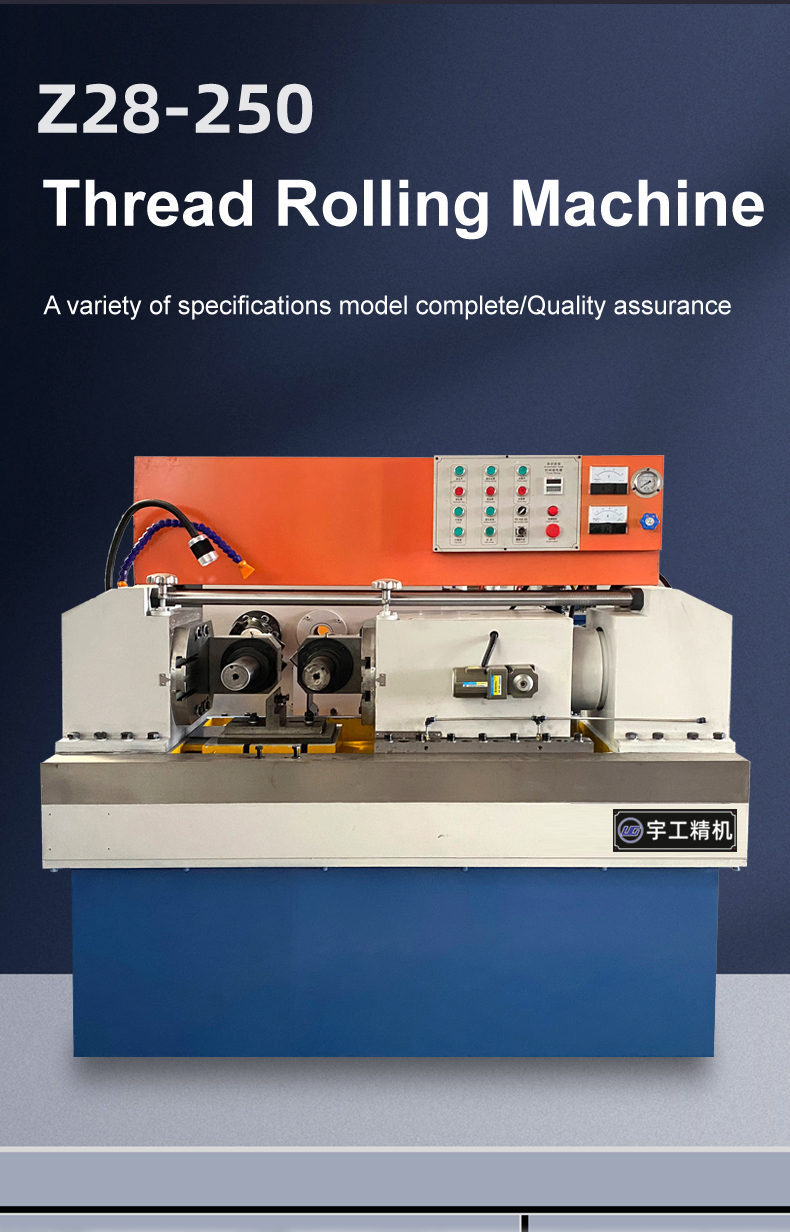
-
 Afrikaans
Afrikaans -
 Albanian
Albanian -
 Amharic
Amharic -
 Arabic
Arabic -
 Armenian
Armenian -
 Azerbaijani
Azerbaijani -
 Basque
Basque -
 Belarusian
Belarusian -
 Bengali
Bengali -
 Bosnian
Bosnian -
 Bulgarian
Bulgarian -
 Catalan
Catalan -
 Cebuano
Cebuano -
 Corsican
Corsican -
 Croatian
Croatian -
 Czech
Czech -
 Danish
Danish -
 Dutch
Dutch -
 English
English -
 Esperanto
Esperanto -
 Estonian
Estonian -
 Finnish
Finnish -
 French
French -
 Frisian
Frisian -
 Galician
Galician -
 Georgian
Georgian -
 German
German -
 Greek
Greek -
 Gujarati
Gujarati -
 Haitian Creole
Haitian Creole -
 hausa
hausa -
 hawaiian
hawaiian -
 Hebrew
Hebrew -
 Hindi
Hindi -
 Miao
Miao -
 Hungarian
Hungarian -
 Icelandic
Icelandic -
 igbo
igbo -
 Indonesian
Indonesian -
 irish
irish -
 Italian
Italian -
 Japanese
Japanese -
 Javanese
Javanese -
 Kannada
Kannada -
 kazakh
kazakh -
 Khmer
Khmer -
 Rwandese
Rwandese -
 Korean
Korean -
 Kurdish
Kurdish -
 Kyrgyz
Kyrgyz -
 Lao
Lao -
 Latin
Latin -
 Latvian
Latvian -
 Lithuanian
Lithuanian -
 Luxembourgish
Luxembourgish -
 Macedonian
Macedonian -
 Malgashi
Malgashi -
 Malay
Malay -
 Malayalam
Malayalam -
 Maltese
Maltese -
 Maori
Maori -
 Marathi
Marathi -
 Mongolian
Mongolian -
 Myanmar
Myanmar -
 Nepali
Nepali -
 Norwegian
Norwegian -
 Norwegian
Norwegian -
 Occitan
Occitan -
 Pashto
Pashto -
 Persian
Persian -
 Polish
Polish -
 Portuguese
Portuguese -
 Punjabi
Punjabi -
 Romanian
Romanian -
 Russian
Russian -
 Samoan
Samoan -
 Scottish Gaelic
Scottish Gaelic -
 Serbian
Serbian -
 Sesotho
Sesotho -
 Shona
Shona -
 Sindhi
Sindhi -
 Sinhala
Sinhala -
 Slovak
Slovak -
 Slovenian
Slovenian -
 Somali
Somali -
 Spanish
Spanish -
 Sundanese
Sundanese -
 Swahili
Swahili -
 Swedish
Swedish -
 Tagalog
Tagalog -
 Tajik
Tajik -
 Tamil
Tamil -
 Tatar
Tatar -
 Telugu
Telugu -
 Thai
Thai -
 Turkish
Turkish -
 Turkmen
Turkmen -
 Ukrainian
Ukrainian -
 Urdu
Urdu -
 Uighur
Uighur -
 Uzbek
Uzbek -
 Vietnamese
Vietnamese -
 Welsh
Welsh -
 Bantu
Bantu -
 Yiddish
Yiddish -
 Yoruba
Yoruba -
 Zulu
Zulu
Comprehensive Price List for Circular Thread Rolling Machines and Related Equipment Options
Understanding the Pricing of Circular Thread Rolling Machines
In the modern manufacturing landscape, the importance of efficient and precise machining processes cannot be overstated. One such process that has gained significant traction is thread rolling, particularly using circular thread rolling machines. These machines are designed to produce high-quality threads on various substrates, thereby enhancing the mechanical properties of the output products. Understanding the pricing of circular thread rolling machines is crucial for businesses looking to invest in this technology.
What is a Circular Thread Rolling Machine?
Circular thread rolling machines utilize a method known as cold forming to create threads on metal workpieces. Unlike traditional machining processes that cut away material, thread rolling displaces the material to form threads, which often results in stronger and more durable outcomes. These machines are particularly valued in industries where precision and strength are paramount, such as aerospace, automotive, and heavy machinery manufacturing.
Factors Influencing Price
Several factors influence the pricing of circular thread rolling machines
1. Machine Specifications The size and capabilities of the machine play a significant role in determining its price. Larger machines with advanced features such as CNC (Computer Numerical Control) capabilities will generally be more expensive than basic or manual models. Buyers need to assess their production needs carefully.
2. Brand Reputation The manufacturer’s reputation can greatly affect pricing. Established brands known for quality and reliability often charge a premium, whereas newer or less established manufacturers might offer cheaper alternatives.
circular thread rolling machine pricelist

3. Material and Build Quality The quality of materials used in construction also impacts cost. Machines made from high-grade steel and equipped with durable components will typically have a higher price tag but may offer better long-term value due to reduced wear and maintenance costs.
4. Technological Advancements Machines that incorporate the latest technological advancements, such as automation and smart manufacturing features, tend to command higher prices. While they may require a larger upfront investment, they can lead to cost savings and efficiency gains over time.
5. Customization and Accessories Custom-built machines tailored to specific operational needs can increase the price. Additionally, optional accessories and attachments that enhance machine versatility will also add to the overall cost.
Average Price Range
While prices can vary significantly based on the above factors, a typical range for circular thread rolling machines may fall between $10,000 and $100,000. Entry-level models might start at around $10,000, while high-end machines with advanced features and capabilities can easily surpass $100,000. It’s important for potential buyers to consider not only the initial cost but also the total cost of ownership, including maintenance, tooling, and operational expenses.
Conclusion
Investing in a circular thread rolling machine is a strategic decision that can enhance manufacturing capabilities and product quality. Understanding the dynamics of pricing is essential for businesses aiming to optimize their expenditures while acquiring the right machinery for their needs. By evaluating the various factors that influence machine costs, including specifications, brand reputation, material quality, technological advancements, and customization options, companies can make informed decisions that align with their production goals and budget constraints.
As you contemplate the purchase of a circular thread rolling machine, remember to conduct thorough market research, compare different models, and consider seeking expert advice. This preparation can may empower your business to not only secure a cost-effective solution but, more importantly, achieve operational efficiency and excellence in production quality.
